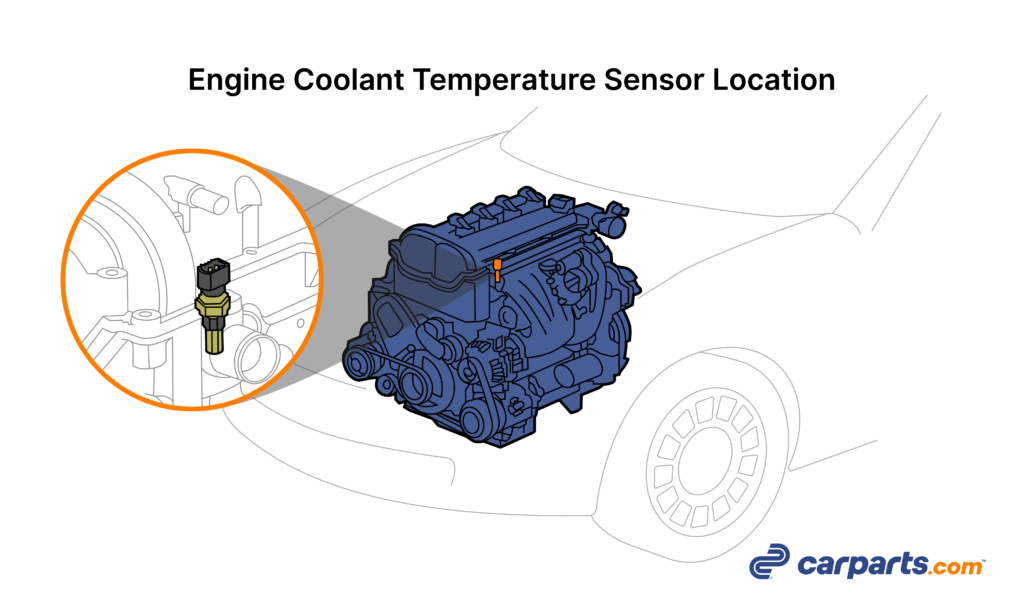GM's 3.6L V6: A Deep Dive into Reliability
Is the GM 3.6 V6 engine reliable? It's a question that echoes across online forums, resonates in mechanic shops, and weighs heavily on the minds of prospective car buyers. This workhorse of an engine, powering everything from family SUVs to sleek sedans, has a long and complex history, making a definitive answer more nuanced than a simple yes or no.
The 3.6-liter V6, often referred to as the High Feature V6 or HFV6, emerged from GM's powertrain development efforts in the mid-2000s. It was designed to be a versatile, high-tech replacement for older V6 designs, offering improved performance, fuel economy, and smoother operation. Over the years, this engine has undergone several revisions and improvements, leading to variations in performance and, crucially, reliability.
Understanding the reliability of this engine requires more than just anecdotal evidence. We need to delve into the specifics – the common issues that have plagued certain iterations, the maintenance practices that contribute to longevity, and the overall track record of this engine across different GM vehicle models. This exploration will empower you with the knowledge you need to make informed decisions, whether you're considering a used car with a 3.6L V6 or already own one.
The importance of engine reliability can't be overstated. It's the backbone of your vehicle, impacting not only performance and fuel efficiency but also your wallet. Unexpected repairs, especially major engine work, can be a significant financial burden. Therefore, researching an engine's reputation for reliability is a critical step in the car buying process.
This deep dive into the GM 3.6L V6 engine will cover its history, its evolution, and address head-on the question of its reliability. We'll examine the engine's strengths, weaknesses, and offer insights into how to maintain it for optimal performance and longevity. From the early iterations to the latest models, we’ll dissect the facts and equip you with the information you need to assess the reliability of this ubiquitous powerplant.
The first generation of the 3.6L V6, introduced around 2007, experienced some issues, including timing chain problems and occasional water pump failures. Later iterations, particularly those designated as LFX and LGX, addressed many of these initial concerns with design improvements and stronger components. The timing chain issue, which could lead to catastrophic engine damage if neglected, has been significantly mitigated in later versions.
Regular maintenance is paramount for the health of any engine, and the 3.6 V6 is no exception. Regular oil changes with the recommended oil viscosity, keeping the cooling system in good condition, and addressing any minor issues promptly can greatly extend the life of this engine. Ignoring routine maintenance can exacerbate minor problems, leading to more costly repairs down the line.
One of the benefits of the GM 3.6 V6 is its wide availability of parts. Being a common engine across many GM models, finding replacement parts is generally straightforward and often more affordable than for less common engines.
Another advantage is the wealth of information available online. Numerous forums and online communities dedicated to specific GM vehicles offer a trove of information, troubleshooting tips, and DIY advice for maintaining the 3.6L V6.
Advantages and Disadvantages
| Advantages | Disadvantages |
|---|---|
| Good Power and Torque | Potential Timing Chain Issues (Older Versions) |
| Wide Availability of Parts | Occasional Water Pump Failures |
| Relatively Good Fuel Economy | Oil Consumption in Some Cases |
Regular oil changes are essential. Use the recommended oil viscosity and change it according to the manufacturer's schedule. Monitor your coolant levels and ensure the cooling system is functioning correctly. Address any unusual noises or performance issues promptly to prevent small problems from escalating into major repairs.
FAQ:
1. Is the GM 3.6 V6 a good engine? Generally, yes, particularly the later versions.
2. What are the common problems with the 3.6 V6? Timing chain issues (older versions), water pump failures, occasional oil consumption.
3. How long does a 3.6 V6 last? With proper maintenance, it can last well over 200,000 miles.
4. What cars use the 3.6 V6? Various GM models, including the Chevrolet Camaro, Traverse, Impala; Buick LaCrosse, Enclave; Cadillac CTS, SRX, XT5.
5. What is the best oil for the 3.6 V6? Consult your owner's manual for the recommended oil viscosity.
6. Is the 3.6 V6 a timing chain or belt? It uses a timing chain.
7. How much horsepower does the 3.6 V6 have? Horsepower varies depending on the version and application, typically ranging from around 280 to over 330 hp.
8. Is the 3.6 V6 an interference engine? Yes, meaning that if the timing chain fails, it can cause significant internal engine damage.
The GM 3.6L V6 engine has a complex legacy. While early versions faced challenges, particularly with the timing chain, later iterations have addressed these concerns and proven to be a reliable powerplant. Regular maintenance is key to maximizing its lifespan and avoiding costly repairs. Understanding the engine’s history, its potential weaknesses, and best practices for maintenance will empower owners to get the most out of this ubiquitous engine. The 3.6L V6 remains a significant engine in the GM lineup, powering a wide range of vehicles. By staying informed and proactive with maintenance, drivers can enjoy the power and performance this engine offers for years to come. It is crucial to research specific model years and versions for a complete picture of reliability. Consult owner forums and mechanic reviews for real-world experiences and insights.
Exploring natural regions through coloring
The allure of the red and black bmw i8
Brilliant white satin paint a deep dive














